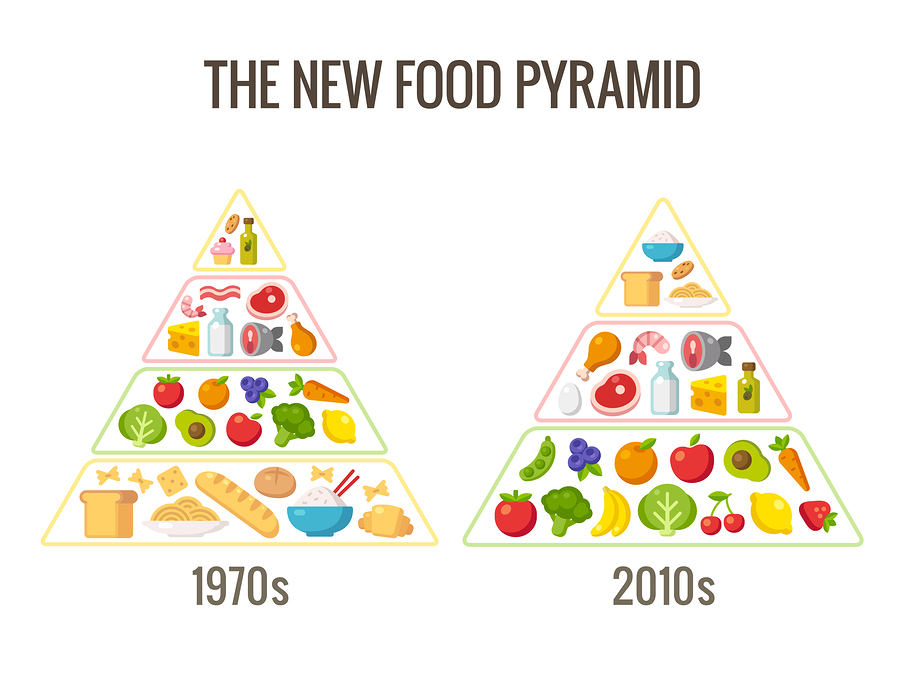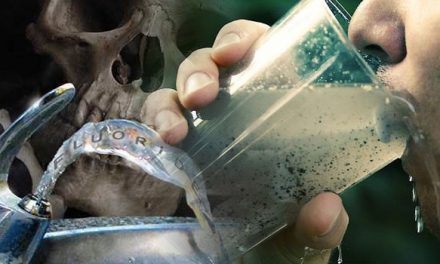Canada’s Food Guide Should Seek Inspiration From Brazil
In almost every Canadian school there is a rainbow poster which is supposed to teach kids what kind of food they should be eating; green is for vegetables, the yellow for grains, blue for dairy, and the red for protein. However, a Canadian researcher who has already helped Brazilians to rethink how they eat believes that Canada’s Food Guide should begin focusing instead of eliminating processed food. Yes and amen.
At the beginning of the month, Canada’s Senate released a report on their obesity crisis (we know a bit about that as well). The report makes 21 recommendations for dealing with the crisis including: a tax on sugary drinks, a ban on food and drink advertising aimed at children, government subsidies for healthy food, and a rewrite on the food guide without the input from the food and beverage industries.
From the article:
“The Brazilian guide, released in 2014, says the cornerstone of people’s diets should be fresh, unprocessed food. It limits the use of oils, salt and sugar and recommends people avoid ultra-processed foods made with refined flours, sugars and starches.
The South American country’s guide also looks at lifestyles. It moves beyond a do and don’t list and calls for people to cook their own meals from scratch and eat with friends and family.”
Jean-Claude Moubarac, a researcher in the nutrition department at the University of Montreal, notes that Brazil’s food guide looks at how food is processed. It’s clear that those who consume more fresh and minimally processed food have the best diets, and that leaves no room for chips, most frozen foods and sugary drinks. Moubarac wants people to know that the best foods are the ones closest to nature, that good food- doesn’t have to be processed food. He says, “[Ready-made food is] convenient maybe at the moment because you don’t have to cook but the [health] costs associated with these products are very high,” reports CBC.
It seems one of the hardest parts is over; not letting the food and beverage industries have a say in deciding what’s best. Good luck Canada.
Source: CBC News












